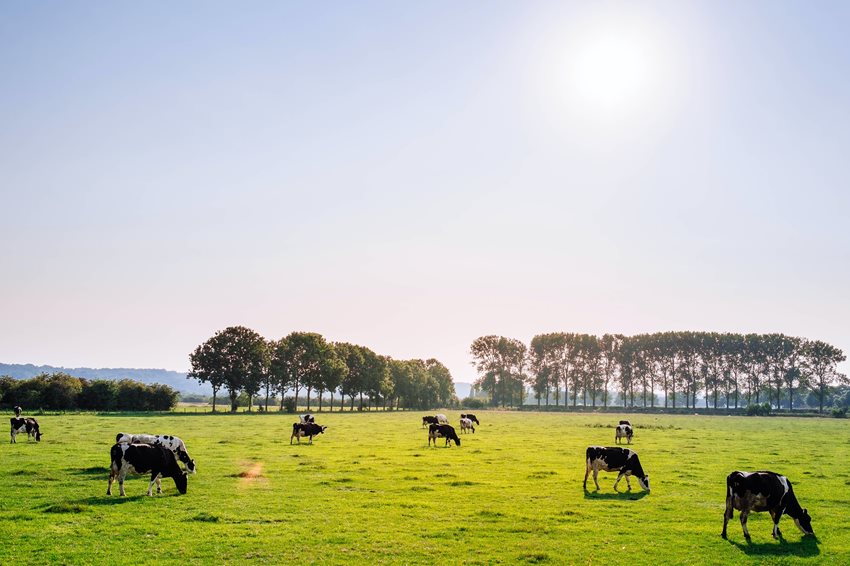Just Transition Funding allows for the transition to a low carbon and climate resilient society that minimises the consequences of decarbonisation and climate impacts for households, communities and all sectors especially those who are already disadvantaged, on low incomes or those who are disproportionately affected by climate impacts and policy responses to these impacts.
For Example:
- Carbon taxes causing fuel poverty.
- Agricultural policy favouring afforestation, rewilding and livestock reduction resulting in changes to traditional farming and incomes.
- The move away from peat and coal generated electricity, affecting livelihoods particularly in Ireland’s Midland counties.
- The managed retreat from flood zones affecting people and their sense of place.
- The modal shift from cars to public transport, walking and cycling to achieve better health, air quality and connectivity is harder to achieve in rural settings.
- The disproportionate climate impact effects on small island nations, low-lying countries and areas with poor infrastructure due to severe weather events and rising sea level.

Other aspects of climate injustice noted by Global Elder Mary Robinson include:
- The disproportionate effects of climate change impacts on people of colour, indigenous peoples, older people, women and children, particularly those living in poverty and those living in the global south.
- Intergenerational injustice resulting from current generations not taking ambitious climate action now which leaves a legacy for the young people of today having to experience a depleted world of the future which has to deal with even more severe climate change impacts.
- The right of developing nations to lift their citizens out of poverty now while at the same time respond to the increasing demands for decarbonisation. The measures that address this include e.g. offsetting emissions, emissions trading, bilateral aid and development programmes and global peacekeeping.
The Climate Action Plan commits to delivering a Just Transition recognising the significant level of change required to achieving a low carbon resilient society.
The Climate Advisory Annual Review (CAAR) for 2020 states that a “
just transition calls for the equitable sharing of the burdens and opportunities, protecting the most disadvantaged, with responses developed in an inclusive way”.
The CAAR calls for the creation of a social dialogue that is inclusive and deliberative rather than one which is about who is to blame for emissions.
Just Transition policy design should be multidimensional and should take into account incomes savings, capacities across households and sectors with policies that build on synergies.
Socio- economic opportunities associated with adapting to climate change impacts and the decarbonisation of society are distributed across society and internationally during a just transition process.
The EU Green Deal proposes a Just Transition Mechanism that “
provides targeted support to regions and sectors in the EU most affected by the transition to the green economy”. It also calls for inclusive dialogue and the continuous participation of the public in the development of policy responses.
Just transition funding calls will require demonstration of the above principles.
Midlands Retrofit Programme for Local Authority Homes 2020
The Irish Government appointed a Just Transition commissioner and in June 2020, the Department of Environment Climate and Communications launched a Just Transition Fund for the midlands region.
The fund was matched to issues around Employment and Enterprise, Training and Community Transition Supports.